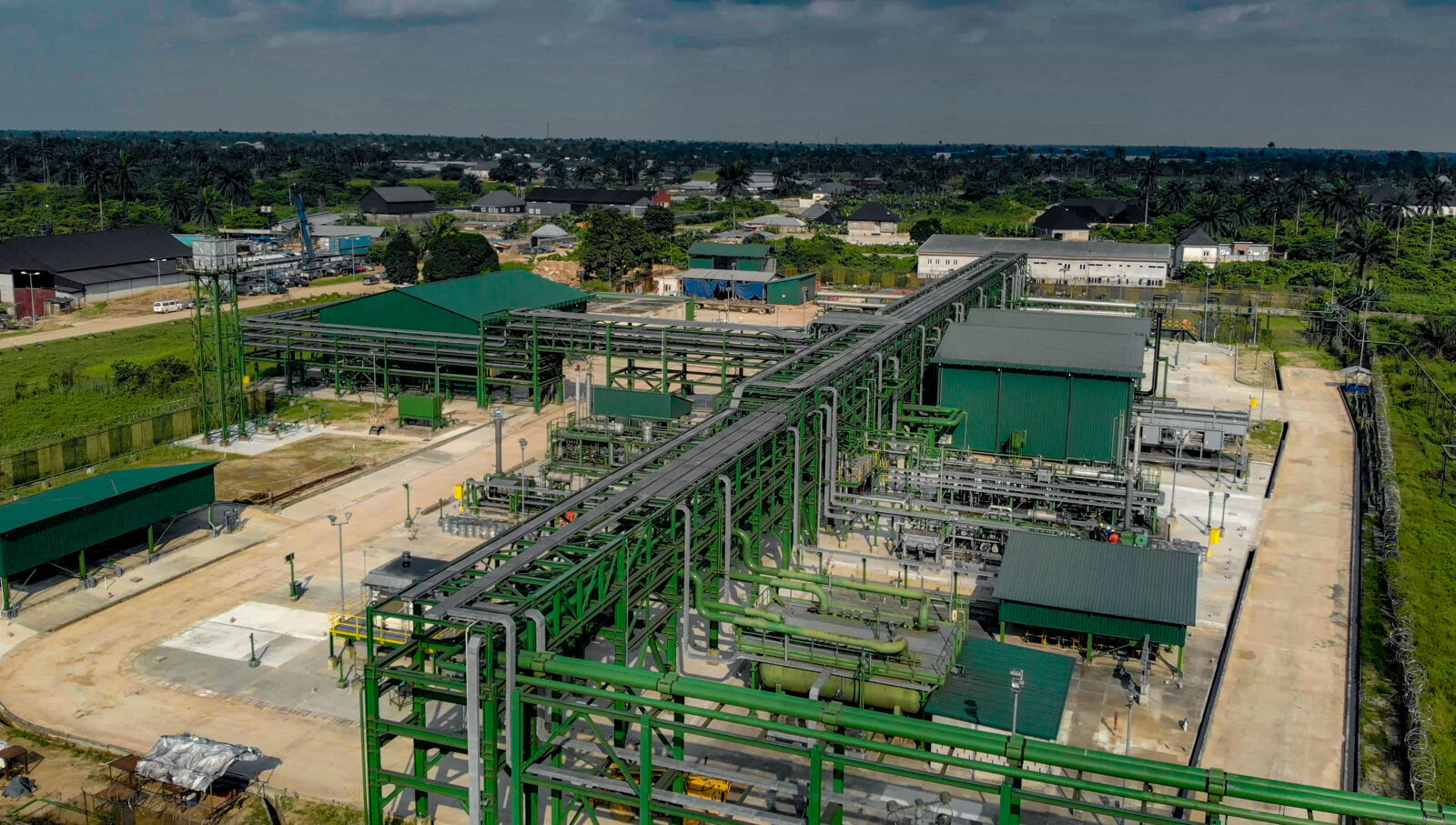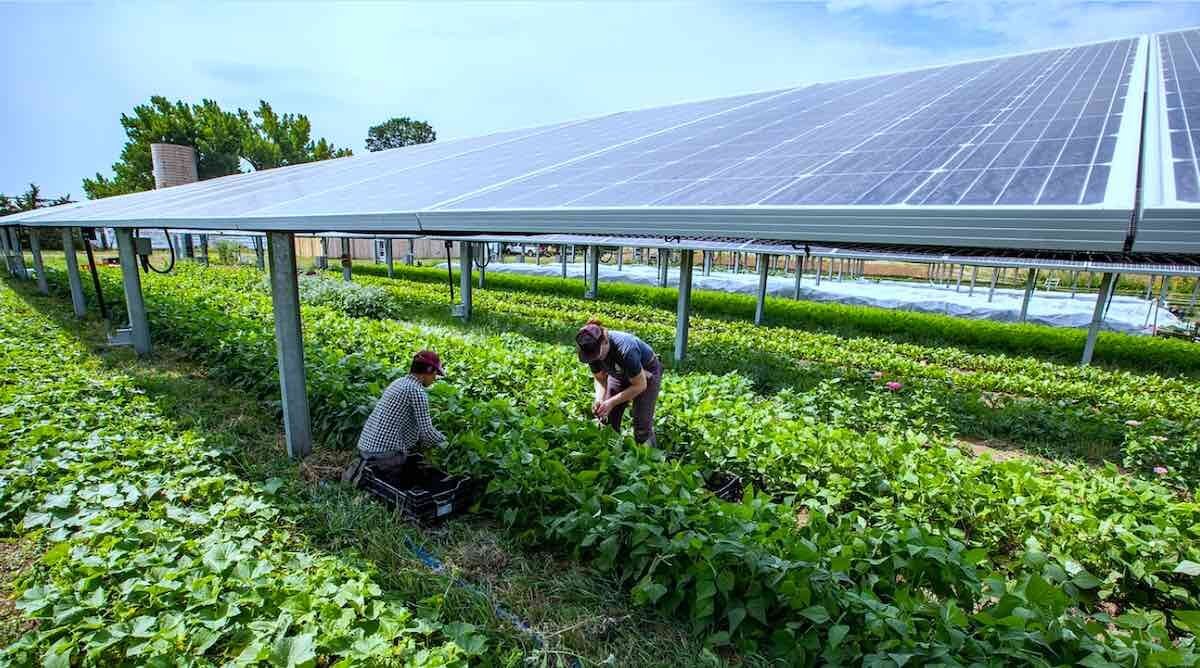Africa’s transformation cannot rely solely on governments. At the CIPE panel during the launch of the CIPE African Hub on Wednesday, September 25, 2025, leaders from finance, policy, and business argued that sustainable growth and democratic stability must be built through active partnerships with the private sector.
This means bold reforms, responsible business conduct, and constant dialogue, which would untie markets, mandates, and democracy for resilience.
Panellists highlighted the urgent need for African economies to move beyond incentives. Decisions in critical sectors, ranging from infrastructure and energy to digital technology, must actively reshape markets, foster trust, and create fair business environments that attract both local and foreign investment.
With just 20% of GDP on government balance sheets, the conversation centred on how capital, innovation, and policy can collaborate to scale impact for households, MSMEs, and industries across the continent.
Inclusion and Collaboration Drive Progress
Governments alone cannot shoulder Africa’s economic burden. This was made clear during the panel session themed “Markets, Mandates and Democracy – Redefining Private Sector’s role in attracting investment and advancing Africa’s Transformation and Resilience.
They noted that transformation demands that the private sector step into a leading role, moving from passive compliance to actively shaping markets and strengthening institutions. Critical decisions must be made, and the focus must go beyond profits to collective resilience, sustainability, and trust.
Scaling Impact on Key Sectors
Speakers pointed to successes across Africa, from Ghana’s pension reforms integrating informal workers, to Ethiopia’s industrial park boom, Rwanda’s dairy expansion, and Nigeria’s financial inclusion strides. They called for more than “small ecosystems,” urging scale, harmonised regulations, and cross-border collaboration.
The African Continental Free Trade Area (AfCFTA), they said, is beginning to connect markets, but overcoming fragmentation and boosting investor confidence requires smart policy, infrastructure development, and awareness.
Targeting Inclusion, Competition, and Prosperity
Panellists argued that inclusive markets and democratic stability flow from business environments that empower people and reduce risk. Alternative finance, blended finance with DFIs, and leveraging vast pension assets can unlock new infrastructure and opportunities.
Critical barriers remain high interest rates, access to affordable finance, regulatory uncertainty, and rural exclusion, and these must be tackled to drive real competition, efficiency, and inclusion.
“We want greater prosperity for all, not just for a few,” one of the panellists emphasised.
“Success means more competitive, efficient, and inclusive markets, underpinning democracy and sustainable growth.”
The Blueprint for Scalable Solutions
In a unifying voice, panellists noted that the key to having a successful transformation lies in a blueprint for all stakeholders, towards building scalable solutions for that transition. Some of which include:
- Build ongoing public-private engagement, not one-off consultations; government and industry must co-create policy for stable, clear regulatory environments.
- Harmonise cross-border standards and regulations, enabling smaller countries to scale and trade regionally.
- Prioritise inclusive business ecosystems with alternative financing tools, asset manager products, and SME-friendly credit schemes.
- Deploy pension funds and blended finance strategies to support large infrastructure and market development.
- Focus on education, awareness, and technical capacity, empowering local actors to access benefits like AfCFTA and US trade reliefs.
To realise Africa’s potential, panellists insisted that partnerships must replace silos. In five years, success will include robust financial inclusion, efficient and competitive markets, harmonised and transparent regulatory frameworks, and empowered communities.
Ultimately, the private sector’s ability and willingness to collaborate with government and civil society will determine whether Africa’s transformation is inclusive, sustainable, and resilient for generations to come.













